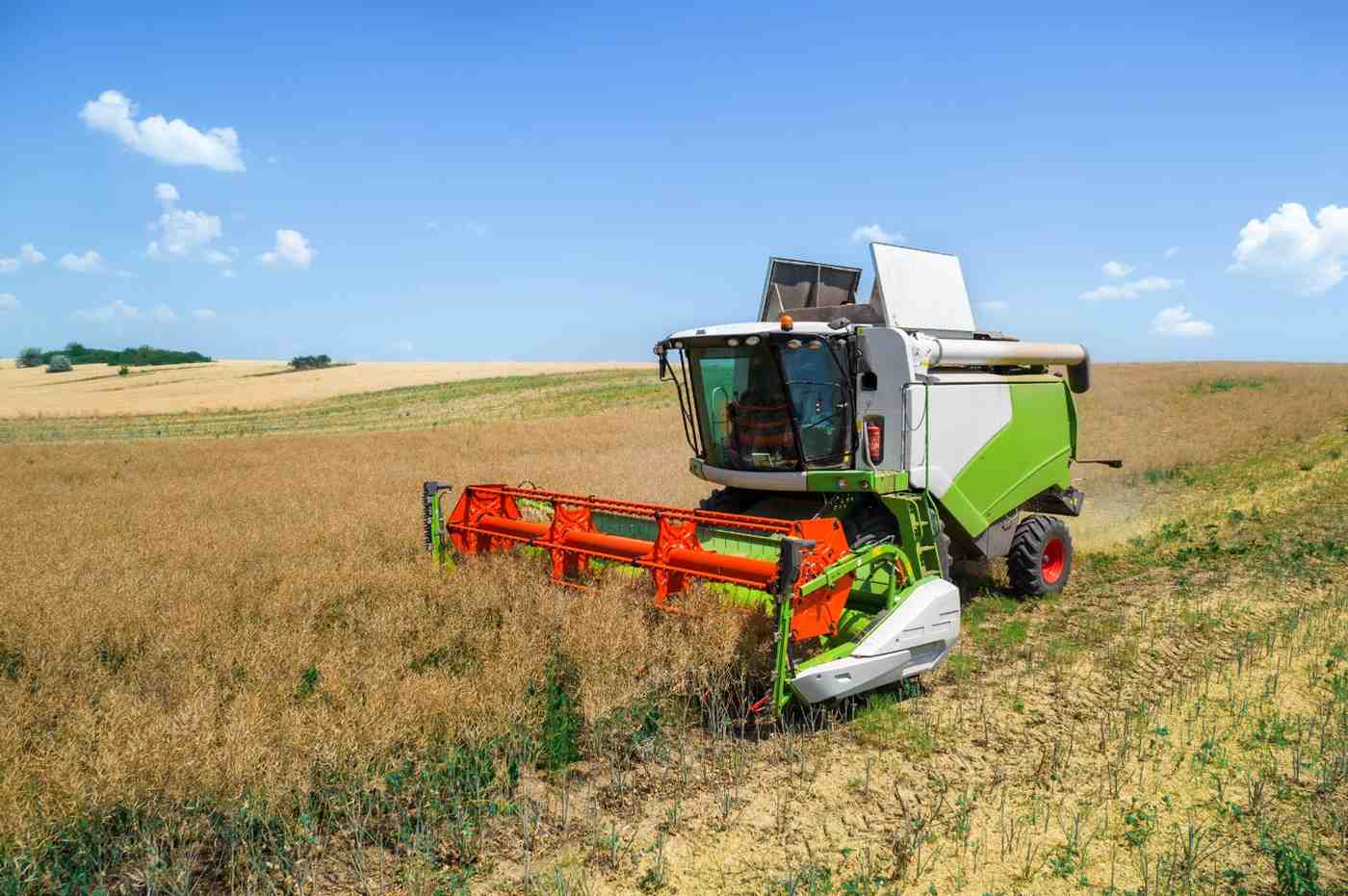Farmers play a crucial role in the U.S. economy, contributing to food security and rural development. For those seeking to become Lawful Permanent Residents (LPRs), there are specific pathways and requirements. This article explores how farmers can obtain LPR status, the types of visas available, the skills required, ideal investments, and the top states offering agricultural LPR opportunities.
Key Takeaways
- Farmers can obtain LPR status through various visa programs.
- Essential skills include agricultural expertise, business management, and English proficiency.
- Ideal investments vary but often involve purchasing or leasing farmland and equipment.
- Top states for agricultural LPRs include California, Texas, and Florida.
Context
The U.S. has a long history of welcoming immigrant farmers who have significantly contributed to the agricultural sector. Over the years, various visa programs have been established to facilitate the entry and residency of skilled agricultural workers. Understanding this context helps us appreciate the importance of supporting farmers in their journey to citizenship.
Visa Options for Farmers
EB-5 Immigrant Investor Visa:
- Requires an investment of at least $1.8 million (or $900,000 in targeted employment areas).
- Must create or preserve at least 10 full-time jobs for U.S. workers.
H-2A Temporary Agricultural Workers Visa:
- Allows foreign nationals to work in U.S. agriculture temporarily.
- Can be a stepping stone to other visa categories or LPR status.
EB-3 Skilled Workers Visa:
- For skilled workers with at least two years of experience in agriculture.
- Requires a job offer from a U.S. employer.
Outlines the different visa options available for farmers seeking LPR status.
Special Skills Required
Agricultural Expertise
- Knowledge of farming techniques, crop management, and livestock care.
Business Management
- Ability to manage farm operations, finances, and marketing.
English Proficiency
- Basic English skills are often required for communication and integration.
Highlights the essential skills farmers need to qualify for LPR status.
Ideal Investment for Farmers
Farmland:
- Purchasing or leasing farmland is a significant investment for farmers.
Equipment:
- Investing in modern farming equipment to improve efficiency and productivity.
Infrastructure:
- Building or upgrading farm infrastructure, such as irrigation systems and storage facilities.
Discusses the ideal investments farmers should consider when seeking LPR status.
Top States Offering Agricultural LPR Opportunities
Top 5 States:
1. California: Known for its diverse and extensive agricultural industry.
2. Texas: Offers vast farmland and a strong agricultural economy.
3. Florida: Ideal for fruit and vegetable farming, with a favorable climate.
4. Iowa: A leading state in corn and soybean production.
5. Nebraska: Known for its cattle ranching and grain farming.
Identifies the top states for agricultural LPRs based on opportunities and support for farmers.
Dos and Don’ts for Applicants
Dos:
- Do prepare thoroughly: Understand the visa requirements and gather necessary documentation.
- Do seek legal advice: Consult with an immigration attorney or legal aid organization.
- Do keep records: Maintain copies of all documents submitted and received.
- Do attend all appointments: Show up on time for biometrics appointments, interviews, and other required meetings.
- Do stay informed: Keep up-to-date with any changes in immigration laws or procedures.
Don’ts:
- Don’t provide false information: Always be honest and accurate in your application and during interviews.
- Don’t miss deadlines: Submit all forms and documents within the specified timeframes.
- Don’t ignore legal advice: Follow the guidance of your attorney or legal aid provider.
- Don’t neglect preparation: Failing to prepare can result in delays or denials.
- Don’t assume eligibility: Verify that you meet all the requirements before applying.
Outlines important guidelines for farmers to follow during the naturalization process.
Legal Aid and the Need for Immigration Attorneys
Understanding the naturalization process can be complex and challenging. Legal aid and immigration attorneys provide essential support, helping applicants understand requirements, complete paperwork, and prepare for interviews. Their expertise ensures that eligible farmers can successfully achieve citizenship.
Discusses the critical role of legal aid and immigration attorneys in the naturalization process for farmers.
Conclusion
Granting citizenship to eligible farmers is vital for the United States’ agricultural sector and overall economic prosperity. By understanding the visa options, required skills, and investment opportunities, we can better support farmers in their journey to becoming U.S. citizens.
Frequently Asked Questions (FAQs)
What are the main visa options for farmers seeking LPR status?
EB-5 Immigrant Investor Visa, H-2A Temporary Agricultural Workers Visa, and EB-3 Skilled Workers Visa.
What skills are required for farmers to qualify for LPR status?
Agricultural expertise, business management, and English proficiency.
What is the ideal investment for farmers seeking LPR status?
Purchasing or leasing farmland, investing in equipment, and upgrading infrastructure.
Which states offer the best opportunities for agricultural LPRs?
California, Texas, Florida, Iowa, and Nebraska.
How can legal aid and immigration attorneys help farmers in the naturalization process?
They provide essential support, help with paperwork, and prepare applicants for interviews.
What are the dos and don’ts for farmers applying for LPR status?
Do prepare thoroughly, seek legal advice, keep records, attend appointments, and stay informed. Don’t provide false information, miss deadlines, ignore legal advice, neglect preparation, or assume eligibility.
Authors: Jonathan Wasden & Justin Rivera, Immigration Attorneys
How useful was this post?
Click on a star to rate it!









